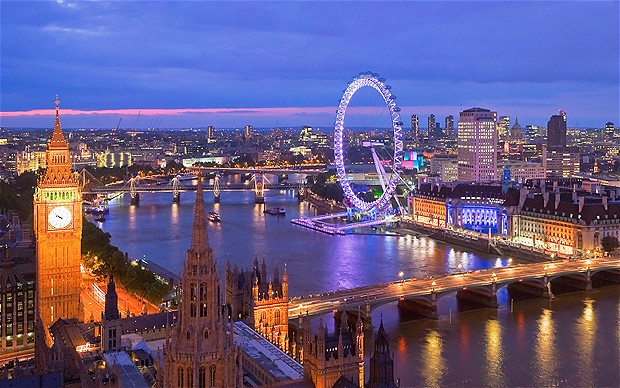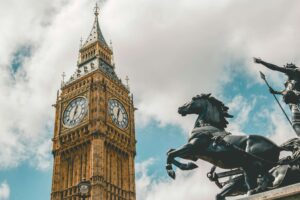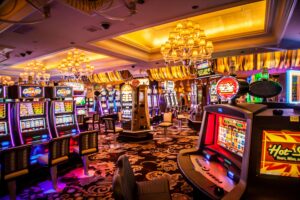London’s nightlife is a great national asset, which generates £46 billion for our economy, and helps to cement the city’s global reputation. Beyond a direct financial contribution, the U.K. night-time economy acts as a catalyst for secondary spending across transportation, security, and food services. For many Londoners, the opportunity to eat, drink, and socialise with friends, colleagues, and loved ones is a large part of the city’s appeal.
However, due to ever-higher costs, restrictive regulations, and broader political mismanagement, the night-time economy is struggling to recover post-Covid, and many establishments closing their doors for good. The Night Time Industries Association (NTIA) estimates that 3,011 pubs, bars, and nightclubs have closed across London since March 2020.
In recognition of this fact, national and local policymakers should implement a series of liberalising measures designed to lift the burden on the capital’s night-time economy, and to offer a much-needed lifeline to the UK hospitality industry more broadly. In particular, we recommend the following policies:
- Reduce costs for the hospitality sector by slashing beer duty, cutting VAT, and intervening to get rid of local alcohol levies.
- Reform our planning and licensing regime to give hospitality venues more control over what services they can offer and when, taking power away from a vocal minority of NIMBYs.
- Improve transport provision in the capital, through the expansion of the Night Tube, intervention to stop the harmful ‘taxi tax’, and greater police presence around major transport infrastructure.
On the one hand, these changes would make it cheaper and easier for consumers to enjoy London’s nightlife offering; on the other, it would also reduce costs and regulatory burdens for businesses, helping to keep struggling establishments afloat and stimulating a sector-wide recovery.




